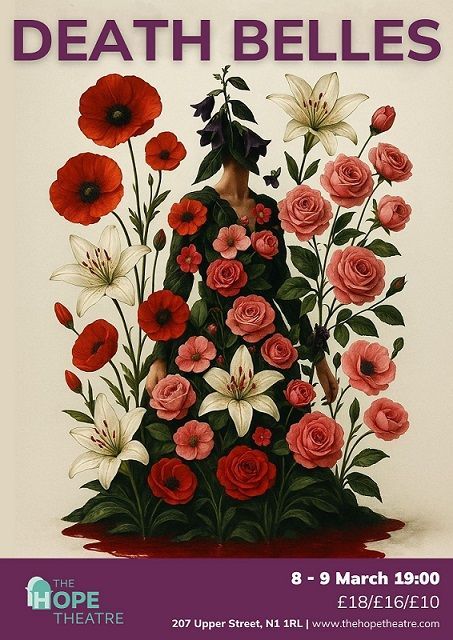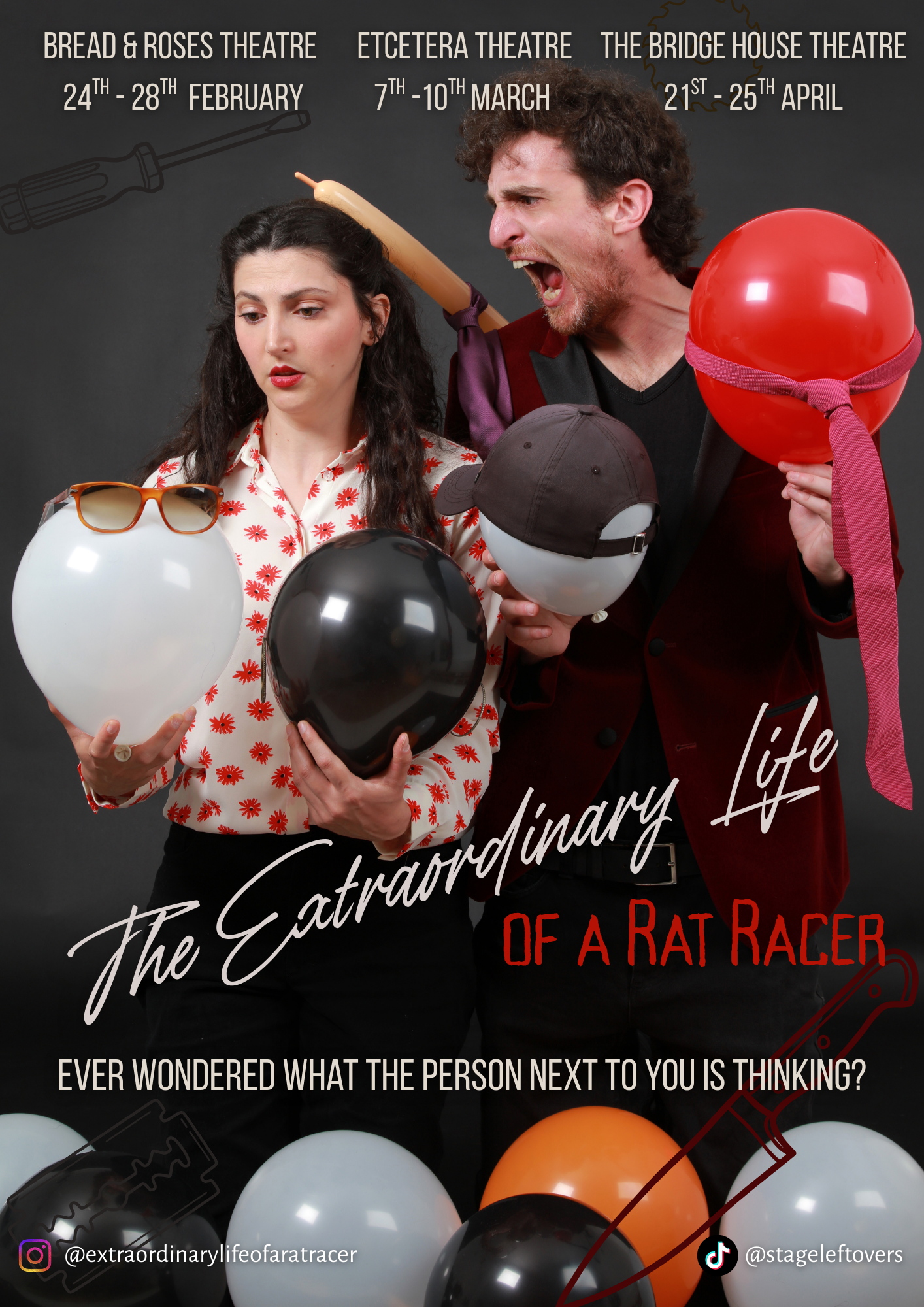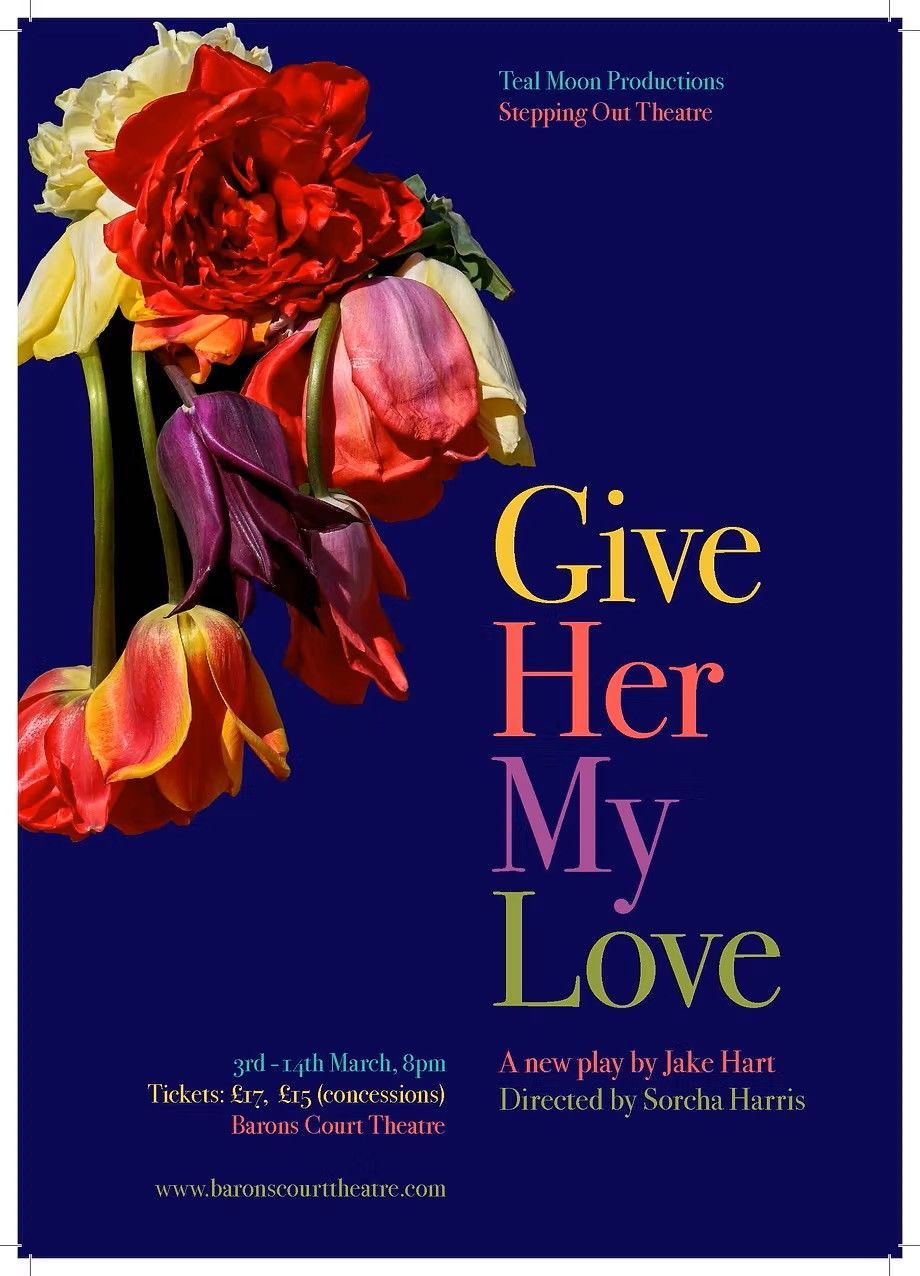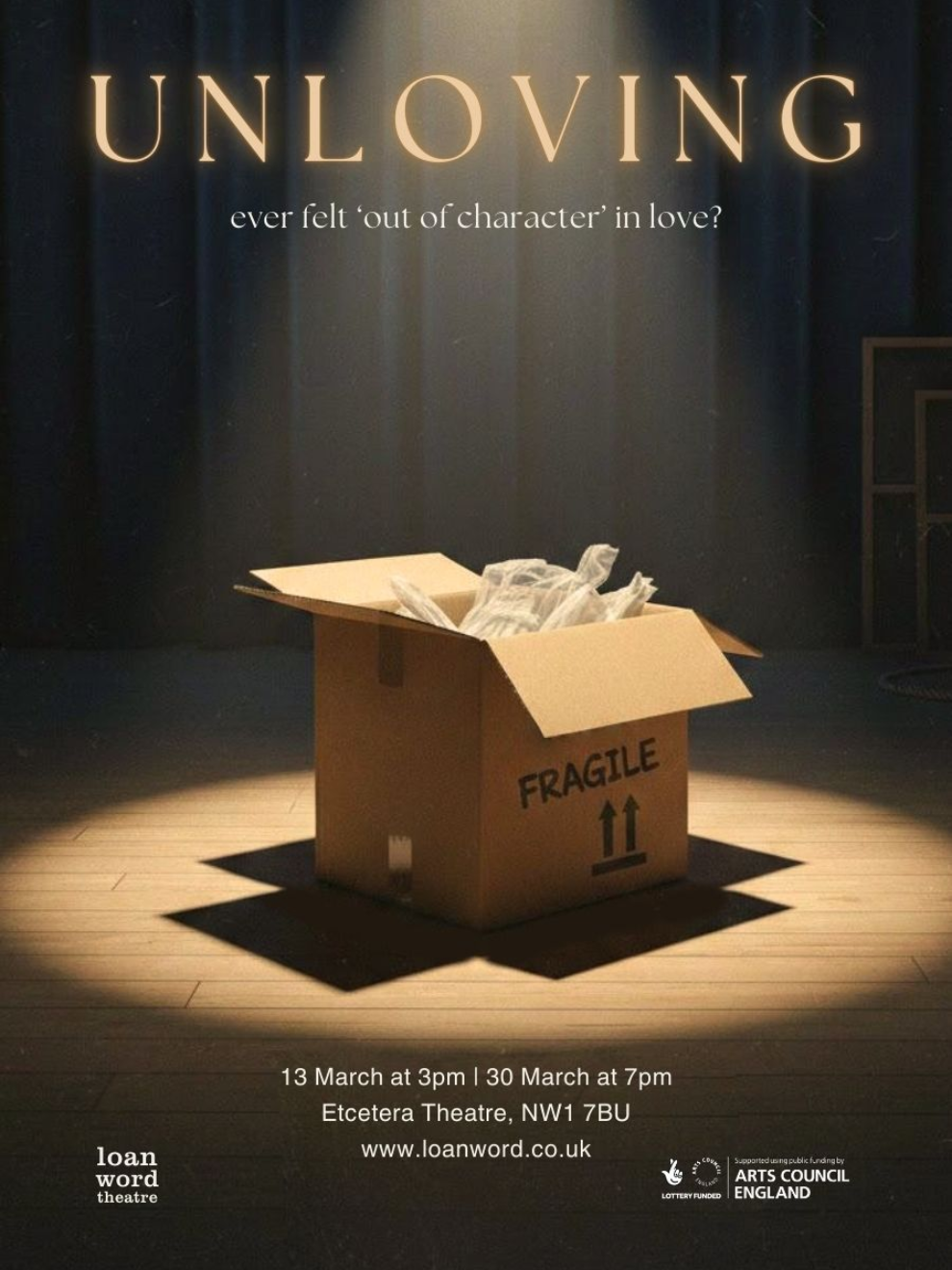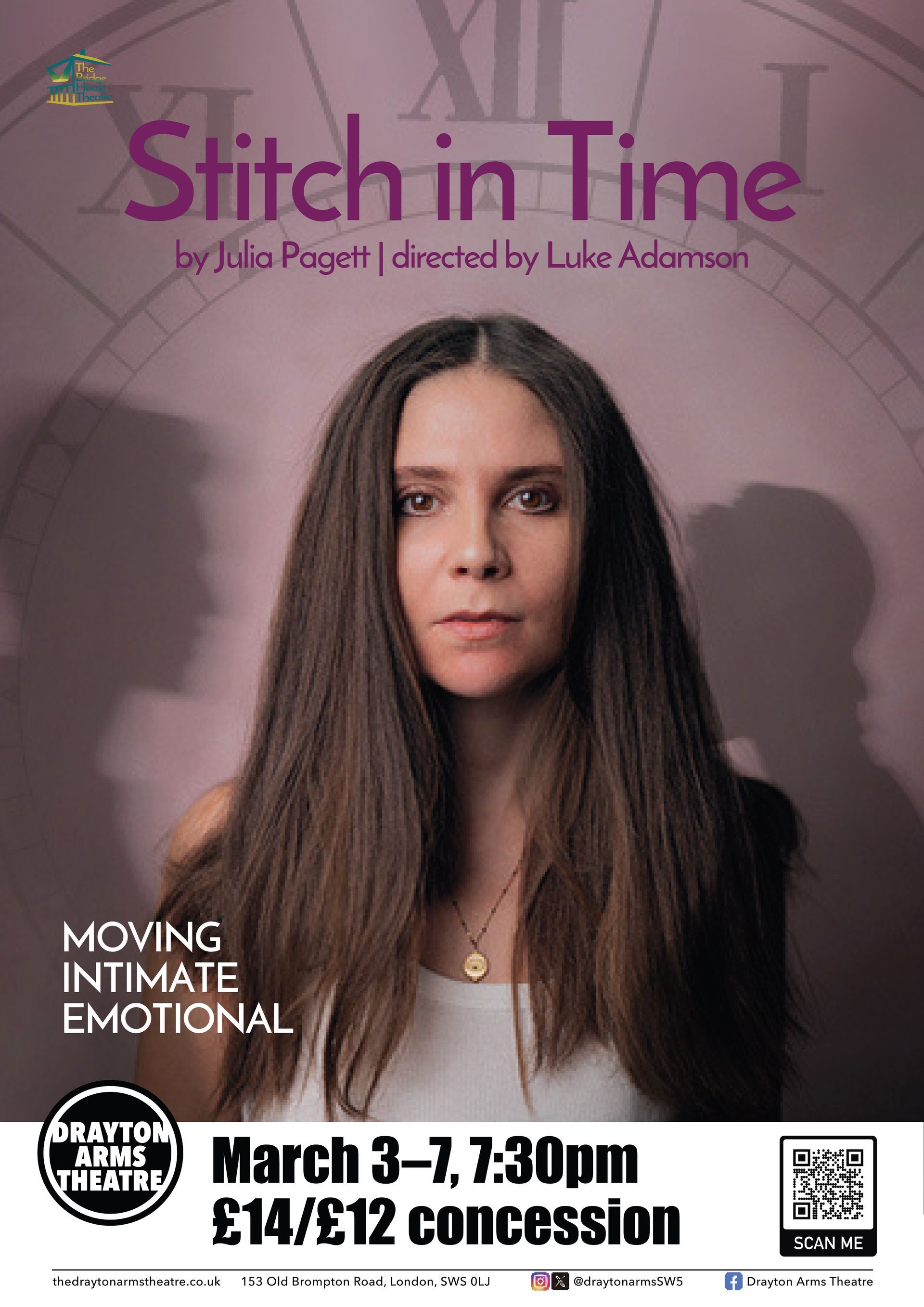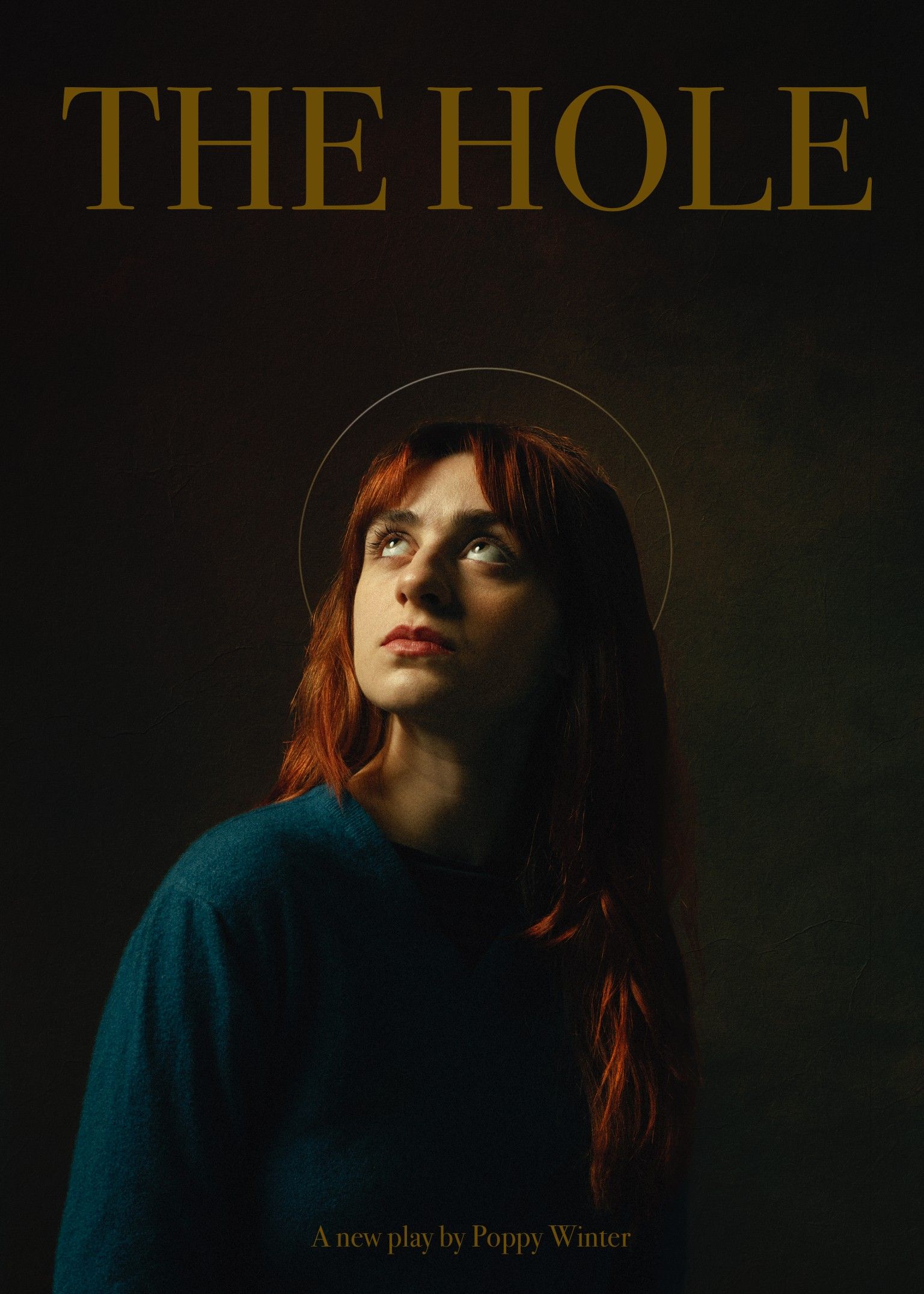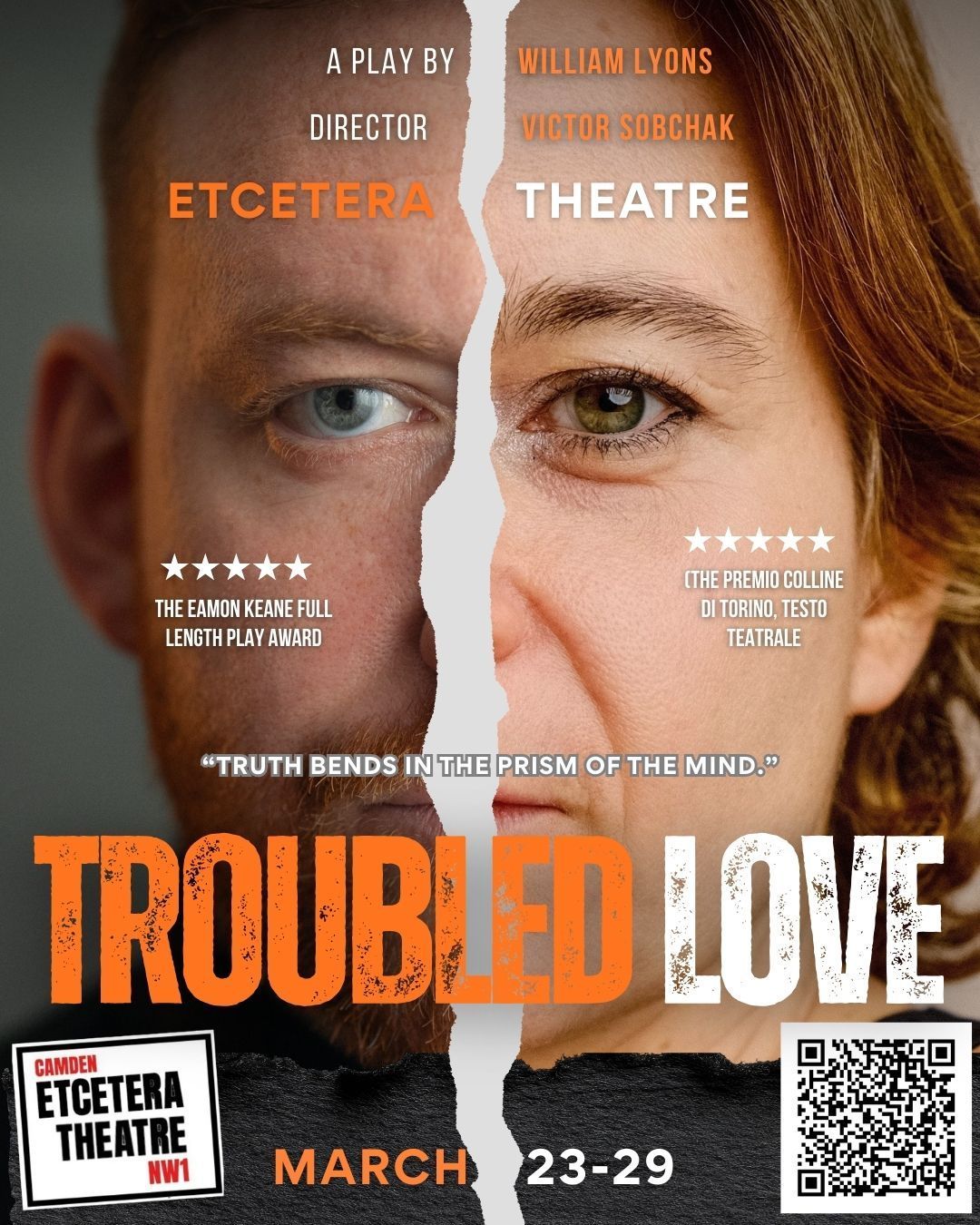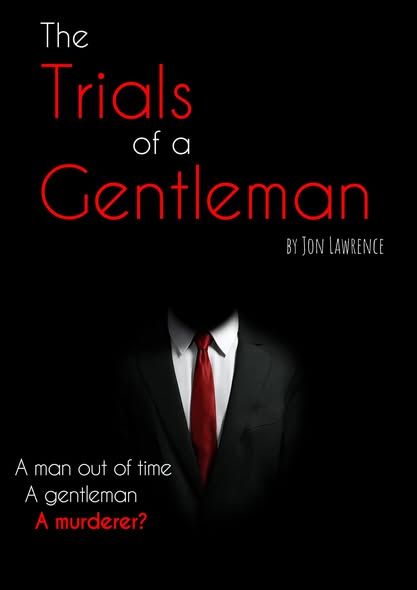REVIEW: Star Cross*d, presented by BootleBird at Golden Goose Theatre 14 - 18 January
‘Snappy words: Witty but unwieldy’ ★★
It is a pleasure to see ten young actors, many of whom trained together at London School of Dramatic Art, working so hard to create thoughtful and experimental new work of their own even though at times it feels like a deep-dive graduate showcase.
George Bootle (who also plays Friar Lawrence) has completely rewritten Romeo and Juliet and given it a brand new “outside-the-box” plot. Romeo and Mercutio as a gay couple? Well that’s an interesting idea and, come to think of it I’m surprised that nobody, to my knowledge, has explored it before. Or how about Prince Escalus plotting with Friar Lawrence to bring Romeo and Juliet together as a means of resolving the Capulet/Montague quarrel? Or Benvolio as the bad guy, at one point agonising in a conscience-stricken ghost scene straight out of Macbeth. Julius Caesar or Hamlet? Or Friar Lawrence as a devious plotter much more like the disguised Duke in Measure for Measure than the usual misguided, but benign, interpretation?
Some of this is in the language of Romeo and Juliet, some lines are borrowed from other plays, some of it is in modern English, often in iambic pentameter complete with rhyming couplets. Bootle is nothing if not thorough even if, at times, it feels overwrought. Old pronoun forms (thee, thou etc) are retained and it’s in 17th century dress.
One of the production’s ideas is to present the action “from the other room” which means, for example, that when Juliet is pouring out her love for Romeo on the balcony, she’s off stage and the eavesdropping nurse is on stage. As a device it works quite well but Bootle and director, Lukas Rimkus do it too often with, for example, fight scenes, Capulet’s furious castigation of his daughter and more.
Ideas are actually one of this show’s problems. It’s full of them. Therefore it’s indigestible. Of course actors and directors try things out in rehearsal but then, typically, jettison most of their experiments as a means of honing the final product. This company clearly didn’t get that message. Why, for example, does the apothecary get a soliloquy (too many of those here anyway) of her own which adds nothing to narrative or characterisation? And, the story telling, sadly, often gets lost in the muddle especially in the final scene when, eventually, the play is reconfigured as a prequel to Twelfth Night.
In the prologue to Romeo and Juliet, Shakespeare refers to “the two hours’ traffic of our stage” which is another message this company didn’t get. This show is far too long and didn’t finish until 10.15pm. It is, in fact, longer than several well paced versions of the source play I’ve seen in recent years. Cuts, please note, are part of the art of good theatre.
All this is a great pity because every member of the cast is a good, often versatile, actor and there’s a lot of adept, if sometimes confusing, multi-roling. And in places it’s very funny. Imagine the wedding night scene in which Romeo, with difficulty, reveals his sexuality so they shake hands and agree to be friends.
Full marks for effort, then, but the show needs a lot of work.
Star Cross*d at Golden Goose Theatre
George Bootle and William Shakespeare
Directed by Lukas Rimkus
Golden Goose Theatre
Box Office: https://www.goldengoosetheatre.co.uk/whatson/star-cross*d
Cast: Linea Larsen, Will Knights, Cyrilla Comer, George Bootle, Jonathan Canizales, Charlie Patterson, Annie Napier (also the composer of original music), Rachel Eben, Flavie Ravenhill, Karen Sweetman
